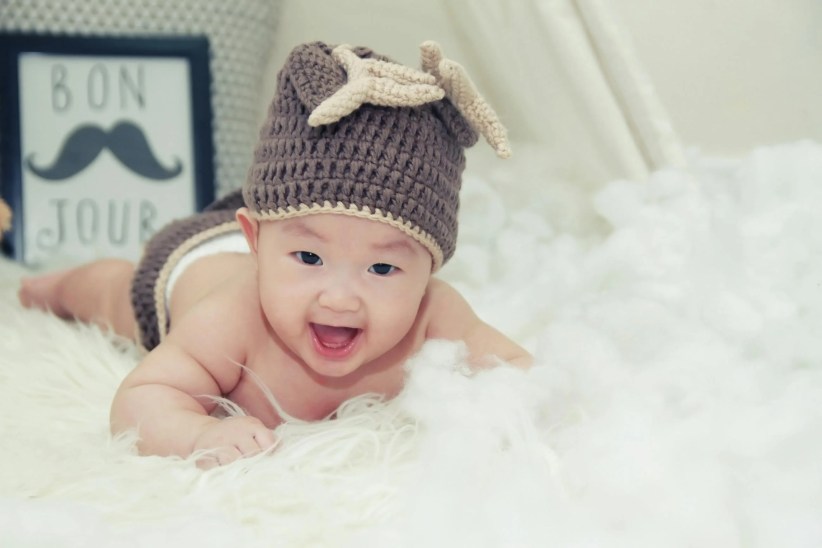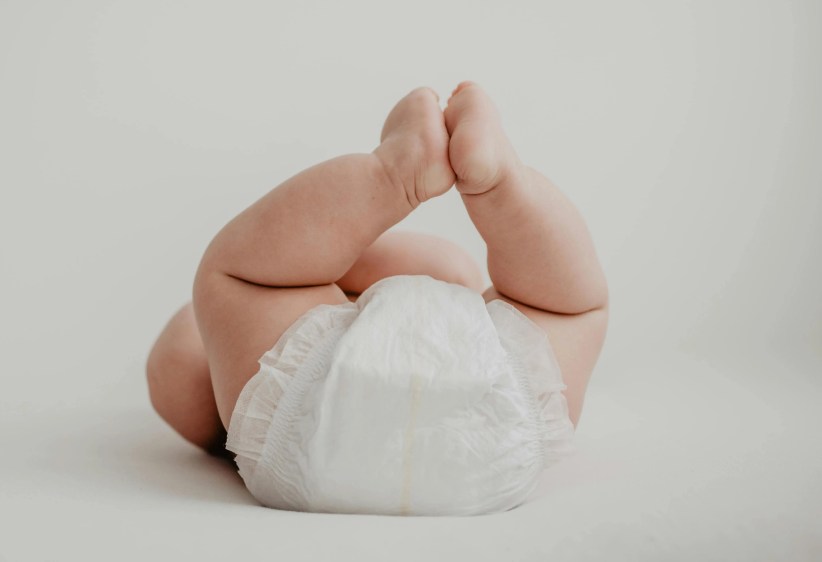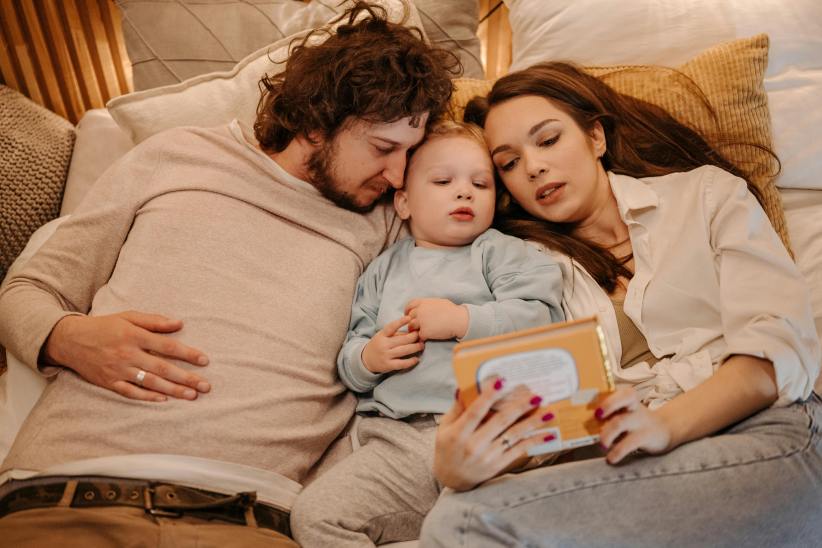If you are headed to Grandma’s house for the holidays, it may feel like you are returning to the safe haven of your youth. But don’t let your guard down when it comes to protecting your little one.
You may have put a lot of energy into making your home baby safe, but that is not necessarily the case at the home of an older relative who no longer has little ones underfoot.
Watch for medications that may be accessible to inquisitive little hands, cleaning products that are not secured, sharp edges on furniture, and breakable items that are within your child’s reach.
Keep an eye, also, on Grandma herself. She may have raised several children quite adeptly, but today’s recommendations when it comes to child safety have changed. In particular, many older adults are unaware of safety recommendations when it comes to appropriate child sleep position, crib safety, and car seat and walker use, according to a study by the American Academy of Pediatrics.
When asked, “What is the best position for a baby to sleep in?” 33 percent of senior respondents chose “on the stomach;” 23 percent, “on the side;” and only 43.8 percent, “the back.” The Academy recommends that infants be placed to sleep on their backs to prevent Sudden Infant Death Syndrome. When asked about correct car seat positioning, 24.5 percent responded that a 22-pound, 9-month-old child should be facing forward, and yet the Academy recommends that children remain in a rear-facing car seat until age 2.
Last year, the Academy recommended that bumpers, stuffed animals, and blankets be removed from infant cribs, and yet 49 percent of grandparent caregivers thought these items were acceptable. Nearly 74 percent of respondents stated that a walker is a good device to help babies learn to walk. Yet, the Academy does not recommend walker use, and in fact, urges caregivers to dispose of them because of serious safety concerns.
“Pediatric health and safety recommendations are constantly evolving,” said study author Kathryn C. Hines, MD. “Many recommendations are likely to have changed since these grandparent caregivers parented their own children.”
KiKi Bochi, an award-winning journalist, reads hundreds of reports monthly to bring readers the latest insights on family health and child development.






















